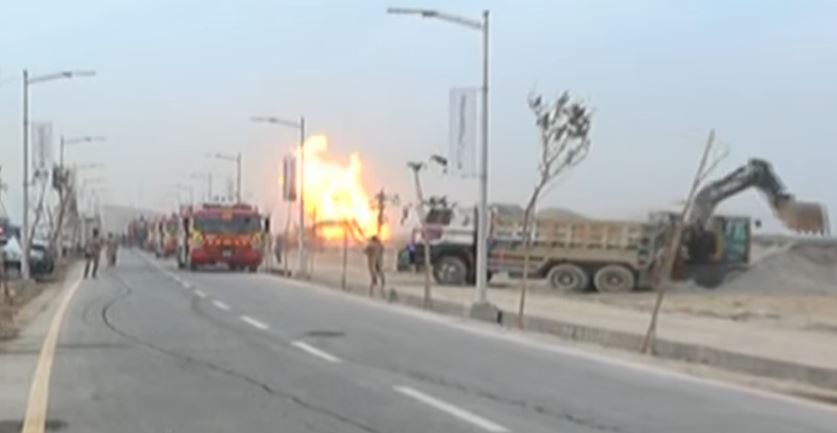In a development that sent shockwaves through global markets, oil prices surged today following a drone attack on U.S. forces in Jordan, heightening concerns over potential disruptions to the oil supply in the already volatile Middle East.
The attack coincided with an escalation in assaults by Houthi rebels on vessels in the Red Sea, including a Trafigura-operated fuel tanker.
The drone strike on U.S. troops in Jordan has sparked fears of a broader conflict in the oil-rich Middle East. Analysts suggest that the incident, resulting in the death of three U.S. service members, could mark a critical turning point, potentially drawing the United States into a more substantial role in the ongoing regional conflict.
RBC Capital analyst Helima Croft warned of the possibility of increased U.S. involvement, raising concerns about potential disruptions to regional energy supplies.
Trafigura-operated tanker hit in Red Sea
The situation escalated further as Houthi rebels targeted a Trafigura-operated fuel tanker in the Red Sea. While initial disruptions to the oil supply had been limited, the missile attack on the tanker has heightened concerns about the safety of oil shipments in the region.
Commodities trader Trafigura stated it is assessing the security risks for future Red Sea voyages, reflecting the increased threat to vessels.
In response to the escalating tensions, Brent crude futures rose by 0.4% to $83.84 a barrel, reaching a session-high of $84.80. Similarly, U.S. West Texas Intermediate crude gained 0.4%, reaching $78.35 a barrel.
The oil market, which had seen a degree of complacency, is now grappling with renewed uncertainty, and analysts expect a reevaluation of risk factors associated with potential disruptions to oil supplies.
Adding to the concerns, Russia's refined product exports are set to decline following drone attacks that disrupted operations at several refineries.
Traders and ship-tracking data from the LSEG indicate that Russia may cut exports of naphtha, a petrochemical feedstock, by a significant amount. The fires at refineries on the Baltic and Black Seas have further intensified worries about global oil supply stability.
OPEC+ meeting looms
Amidst these geopolitical developments, leading ministers from the Organization of the Petroleum Exporting Countries (OPEC) and allies, collectively known as OPEC+, are set to meet online on February 1.
The group, grappling with the latest challenges to the oil market, is expected to discuss the potential impacts on oil production levels for April and beyond. However, sources suggest that decisions on further output policies may be deferred as the meeting is considered too early to make such crucial determinations.



























